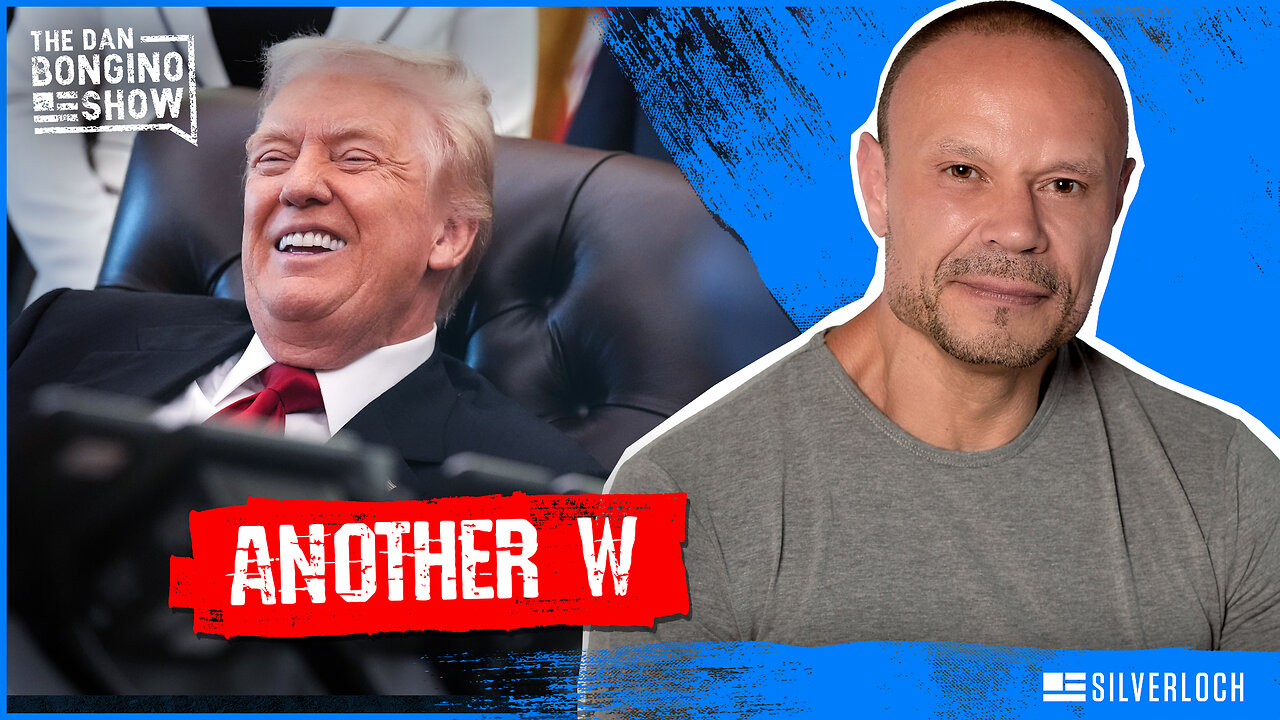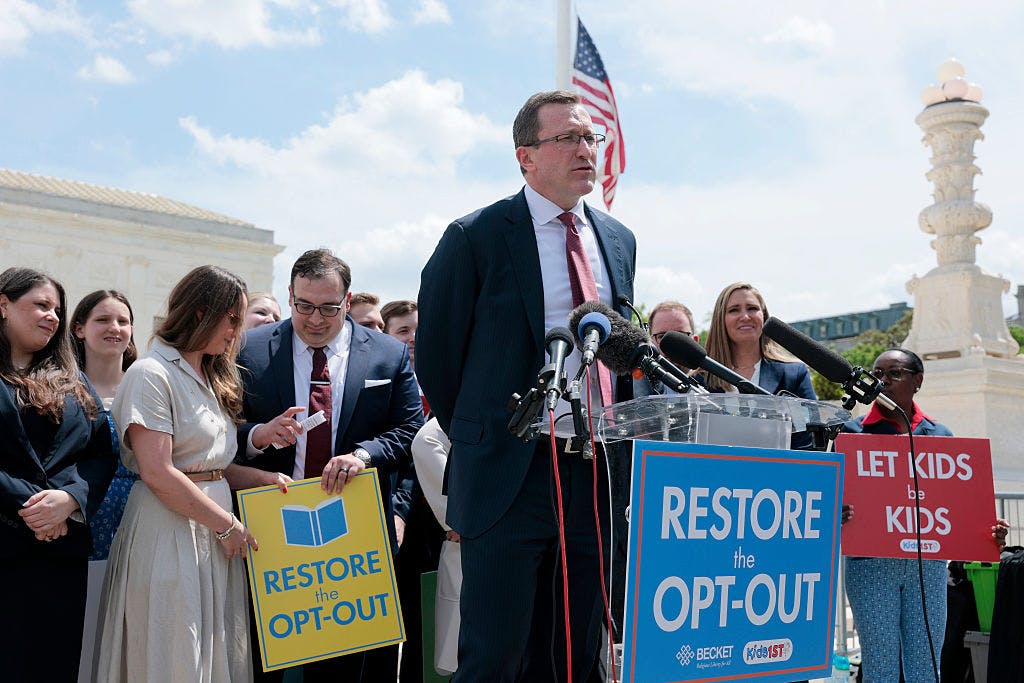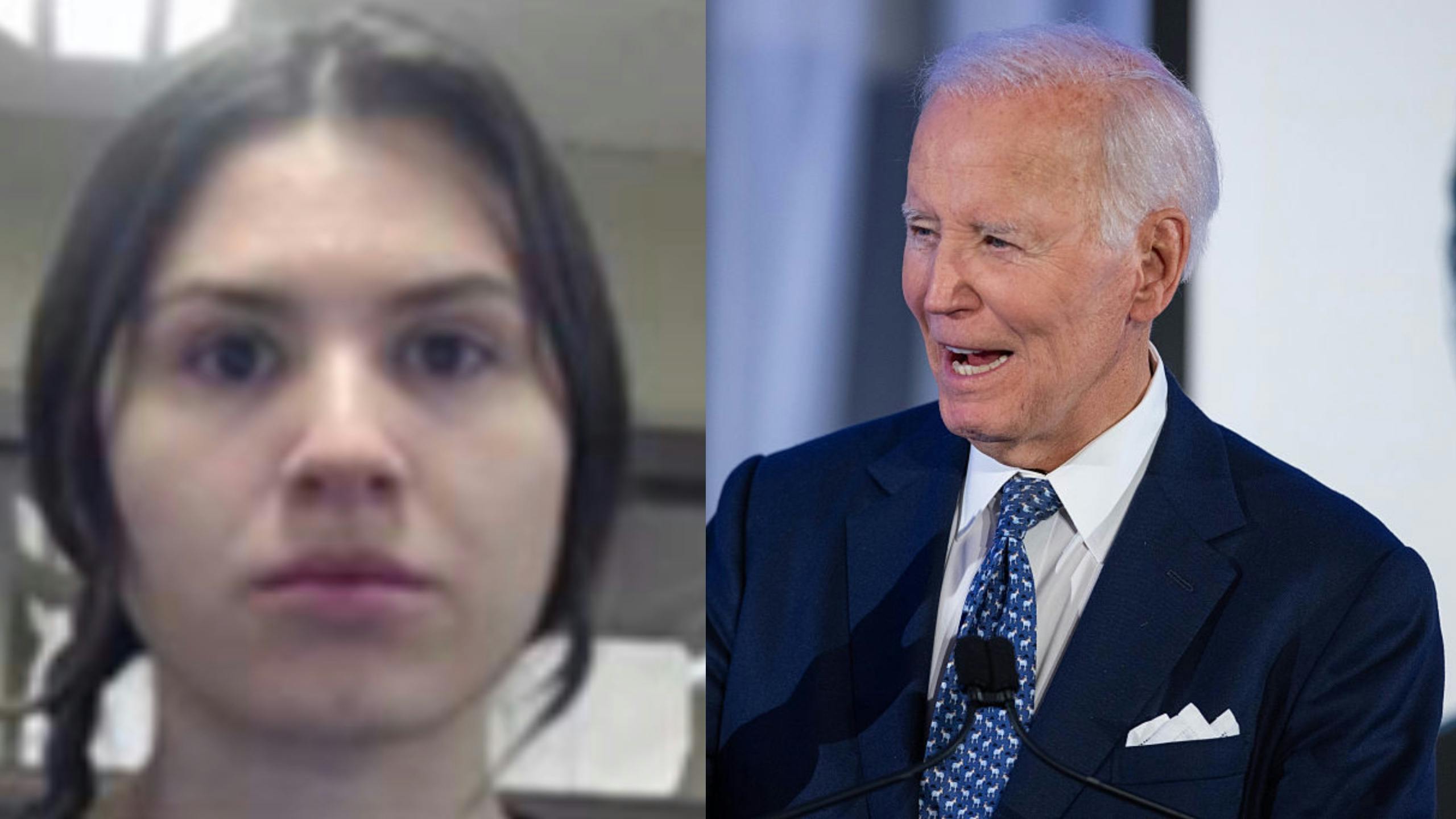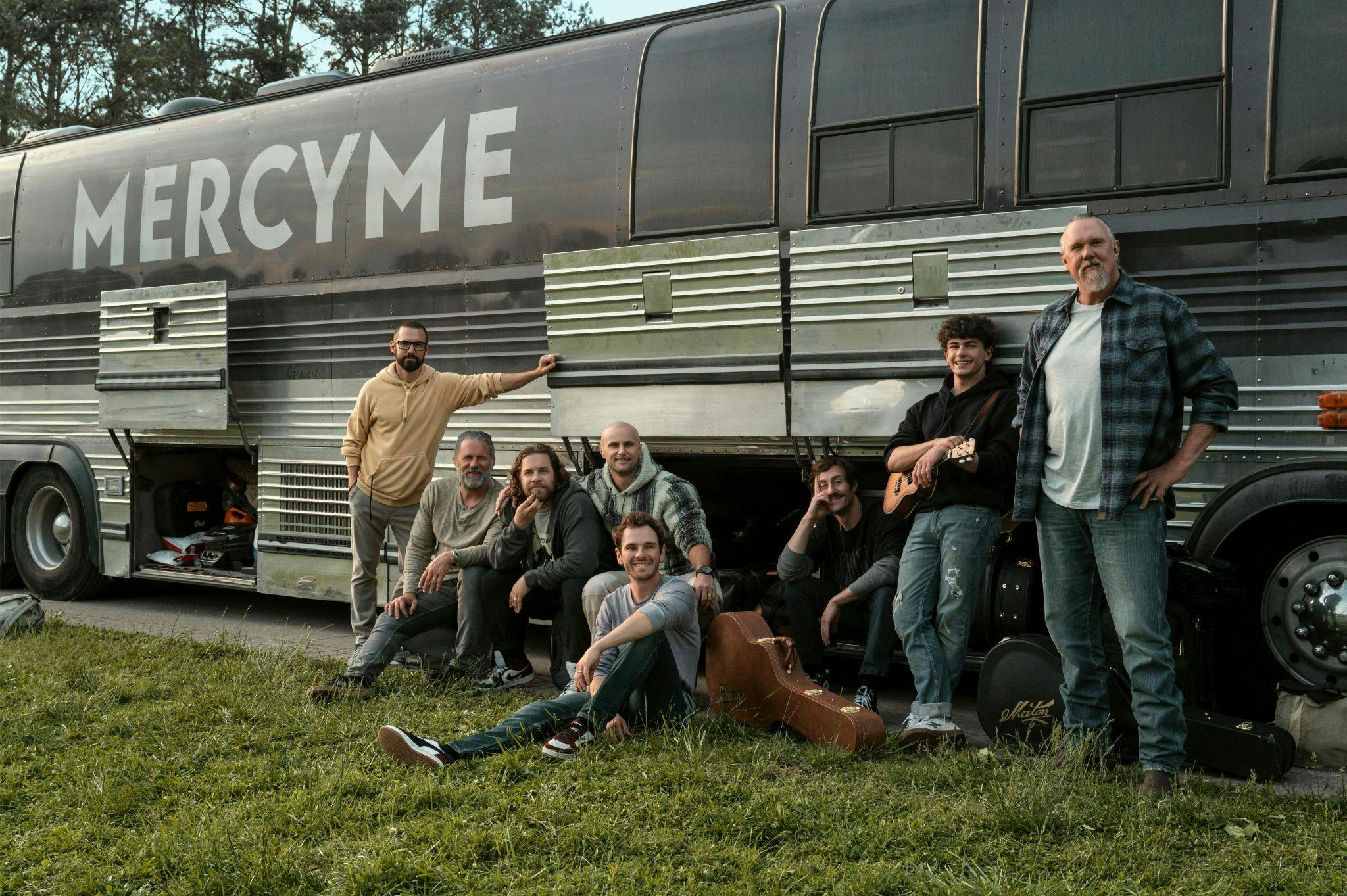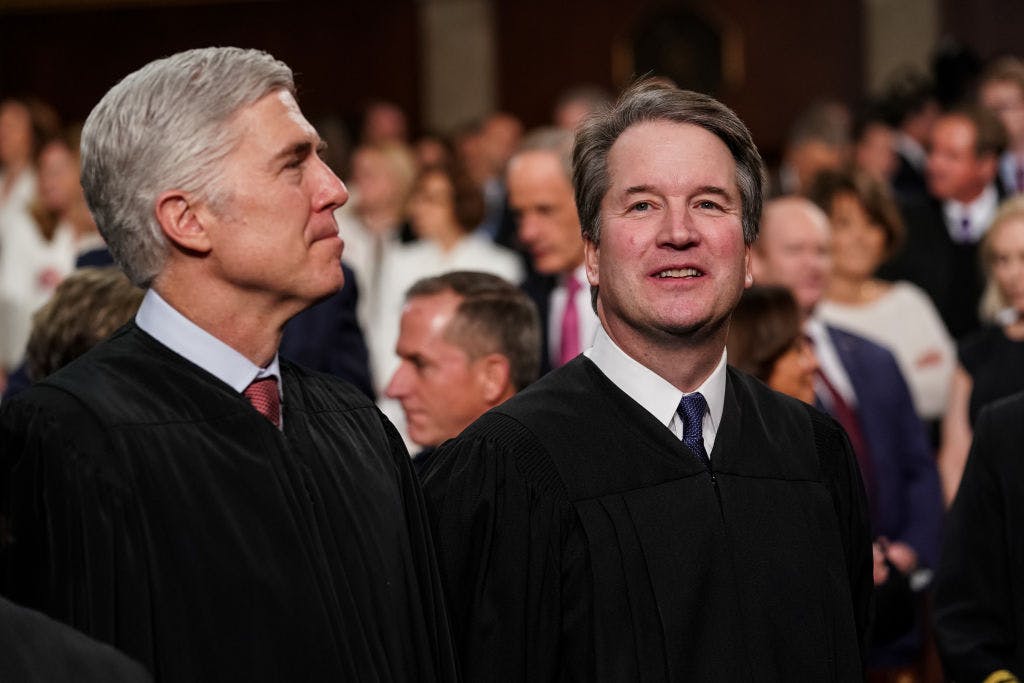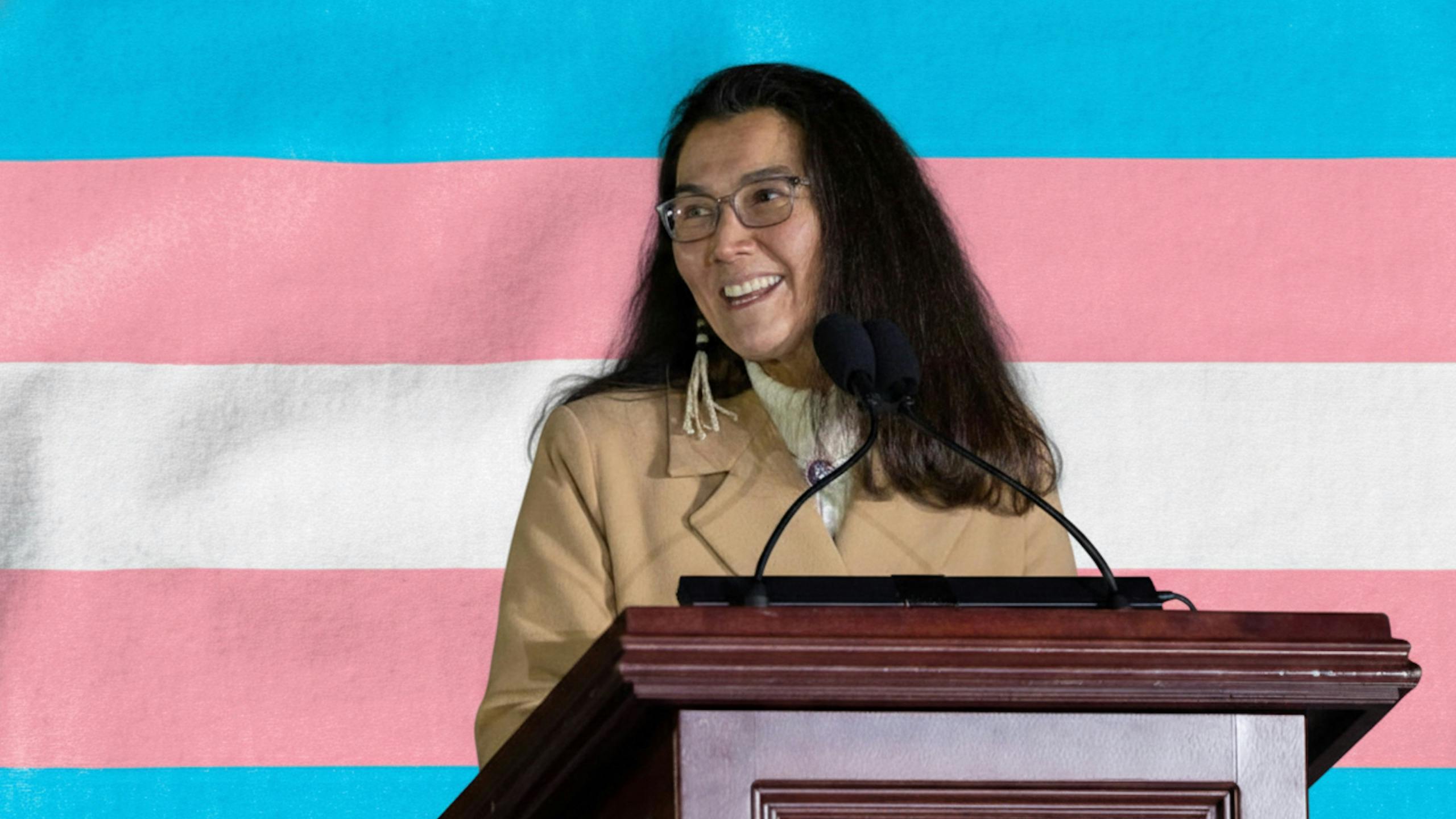New Film Challenges A Culture That Fears Suffering, Finds Beauty Through Pain

At just nine years old, John O’Leary laid in a hospital bed covered in bandages, burned on every inch of his body. His parents prepared for the worst as doctors gave him a one percent chance to live. But O’Leary didn’t die — and decades later, the boy who was never expected to live grew up to teach millions how to appreciate the lives and circumstances they were given.
Live Your Best Retirement
Fun • Funds • Fitness • Freedom
O’Leary’s extraordinary story is hitting the big screen this week as Sony’s “Soul on Fire” heads to theaters. The emotional film tells the true story of how he survived a catastrophic house fire and went on to become a bestselling author and speaker.
Directed by Sean McNamara (“Reagan,” “Soul Surfer”), the movie is based on O’Leary’s memoir “On Fire: The 7 Choices to Ignite a Radically Inspired Life” and was filmed in St. Louis at the real-life locations where his story unfolded.
O’Leary said during an exclusive interview with The Daily Wire that, in his opinion, the most impactful aspect of the film was its authenticity.
“The entire thing was shot on location where it happened,” he said. “When you see the home where little John was burned or eventually comes home to, that’s my mom and dad’s house.” And while that dramatic scene is likely to impact audiences, it’s not the one O’Leary points to as the most emotional to watch for him.
The most powerful scene for O’Leary was a recreation of his real wedding day. “That’s the church where John and Beth married,” he said. “In the second row behind John Corbett and Stephanie Szostak are seated my actual mom and dad.”
His father, who had Parkinson’s Disease for decades, hadn’t been able to stand for years. “But in that scene, when Sean yelled action, this warrior pulls himself up,” O’Leary said. “He is immortalized in film, upright, smiling, and stoically celebrating his son’s life.”
O’Leary’s story began when he survived that devastating house fire that left him with burns on 100% of his body. He made a remarkable recovery thanks to the steadfast support of his family, community, and faith, including an unlikely friendship with Baseball Hall of Fame announcer Jack Buck.
That experience shaped his lifelong mission to help others find purpose and possibility in the face of hardship. It’s a mix of realism and grace that defines both O’Leary’s story and the movie that seeks to capture it.
When asked what he hopes people will understand about the reality of suffering, he answered bluntly: “You can’t run from it. I think you embrace it instead.”
The author and public speaker credits his mother, who “seemed to almost rejoice in pain and suffering,” for shaping that outlook. She forced him to confront life’s hardest questions directly. “Do you want to die? Do you want to return to life?” she asked him early on. “It wasn’t about the piano,” he said of her teaching him to play again. “It was about living. It’s about agency. It’s about potential. And I would have chosen none of that on my own, but my incredible mother instilled it in me and still does.”
That inner strength became the foundation for everything that followed. “We were going to live,” he said. “We didn’t know how long it would take, but we knew the outcome.”
When asked if he wishes the accident had never happened, O’Leary said, “You would not want to go through this again for a million reasons,” he said. “You don’t want to go through five months in the hospital… and you don’t want to go through a lifetime with scars.”
But time, faith, and perspective have changed how he sees the painful struggles of his past.
“I’m married to a stunningly beautiful woman in no small part because of this story. I’m animated and active in my faith because of this story,” he said. “Ease will never bring you courage. It’s only in the struggle we discover our bravery.”
He distilled the message of the movie into one word: “Love.” But not the sentimental kind.
“It’s a verb that puts you into motion to serve someone bigger than yourself,” he said. “The only non-hero in the entire film is John O’Leary. Every single other person steps up, models love, and in doing so changes this person’s life.”
One line that O’Leary’s father repeats throughout the film is, “I love you. There’s nothing you can do about it.”
“It’s the greatest quote because right now we live the exact opposite,” he said. “I love you if… is the way most of us go through life. My dad went through life the exact opposite. I love you, and there’s nothing you can do about it.”
That kind of clarity about love, faith, suffering, and eternal gratitude is what “Soul on Fire” exemplifies. It doesn’t do so in a sentimental way, but rather in a gritty, real-world example of how beauty can blossom even from the most difficult circumstances. It takes the countercultural stance that a hard life can be a great life, and that even when it’s very difficult, life is always worth living.
“Soul on Fire” hits theaters nationwide today.
Originally Published at Daily Wire, Daily Signal, or The Blaze
What's Your Reaction?
 Like
0
Like
0
 Dislike
0
Dislike
0
 Love
0
Love
0
 Funny
0
Funny
0
 Angry
0
Angry
0
 Sad
0
Sad
0
 Wow
0
Wow
0









